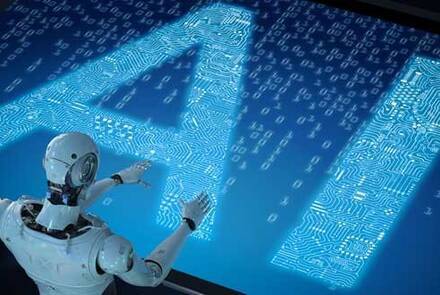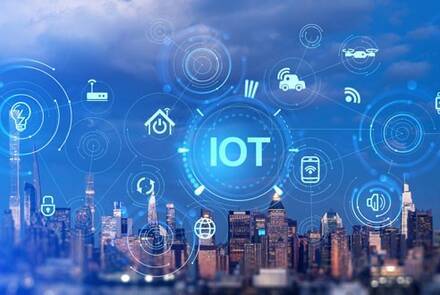The Role of Data Analytics and AI in Smart City and IoT Implementations
In the era of interconnected urban landscapes in Smart Cities, the advent of Internet of Things (IoT) technologies has ushered in a new age of data abundance. As smart cities continue to evolve, the sheer volume of data generated by IoT devices has become both a challenge and an opportunity. Enter data analytics and artificial intelligence (AI)—powerful tools that decode the wealth of information, enabling smarter decision-making and more efficient city management. This blog post explores how data analytics and AI are the key architects of transformative decision-making in the realm of smart cities.
- Big Data in Smart Cities:
Smart cities, characterized by their network of IoT devices—from sensors on streetlights to connected vehicles and smart buildings—generate an unprecedented amount of data every second. The challenge lies in harnessing this data, making sense of it, and deriving actionable insights to improve city services, enhance efficiency, and foster a better quality of life for residents. - Data Analytics:
Unraveling Patterns and Trends. Data analytics serves as the linchpin in deciphering the intricate tapestry of data generated by IoT devices. Through advanced analytics techniques, cities can uncover patterns, trends, and correlations within the data (See also: Predictive Analytics in Smart Cities and IoT). This analytical prowess enables decision-makers to gain a comprehensive understanding of various aspects, from traffic patterns and energy consumption to public health trends. - Predictive Analytics:
Anticipating Challenges. One of the transformative applications of data analytics in smart cities is predictive analytics. By analyzing historical data, machine learning algorithms can predict future trends and potential challenges. For instance, predictive analytics can foresee traffic congestion during specific times, allowing city authorities to proactively implement measures to alleviate the issue before it occurs. - Optimizing Urban Mobility with AI:
Artificial intelligence, particularly machine learning algorithms, plays a pivotal role in optimizing urban mobility. AI processes real-time data from IoT devices, such as traffic sensors and GPS systems, to predict traffic patterns and recommend optimal routes. This not only reduces congestion but also contributes to more efficient public transportation systems. - Energy Efficiency through AI:
In the realm of energy management, AI algorithms analyze data from smart grids, buildings, and energy consumption patterns. The insights derived from this analysis enable cities to optimize energy distribution, identify areas for conservation, and implement strategies to enhance overall energy efficiency. - Enhancing Public Safety with AI-powered Surveillance:
AI extends its influence to the domain of public safety through smart surveillance systems. Video analytics powered by AI can identify anomalous behavior, recognize patterns, and detect potential security threats. This proactive approach enhances the effectiveness of law enforcement and emergency response systems. - Smart Governance:
AI-driven Decision Support. AI serves as a powerful decision support system for smart city governance. By analyzing vast datasets, AI algorithms provide valuable insights that aid decision-makers in policy formulation, resource allocation, and long-term planning. This data-driven decision support contributes to more informed and effective governance.
Challenges and Ethical Considerations
While the benefits of data analytics and AI in smart cities are undeniable, challenges such as data privacy, security, and ethical considerations must be addressed. Striking a balance between the need for data-driven decision-making and protecting the privacy and rights of citizens is essential for the responsible deployment of these technologies.
As smart cities continue their evolution, the marriage of data analytics and AI emerges as the driving force behind transformative decision-making. The ability to decode, analyze, and derive insights from the vast amounts of data generated by IoT devices is reshaping the urban landscape. In this era of data-driven urban renaissance, smart cities are not just connected—they are intelligent, responsive, and poised for a future where decisions are not just made; they are informed, optimized, and geared towards creating a more sustainable, efficient, and livable urban environment for generations to come.
For more information about Trigyn’s Smart City & IoT Solutions, Contact Us.






